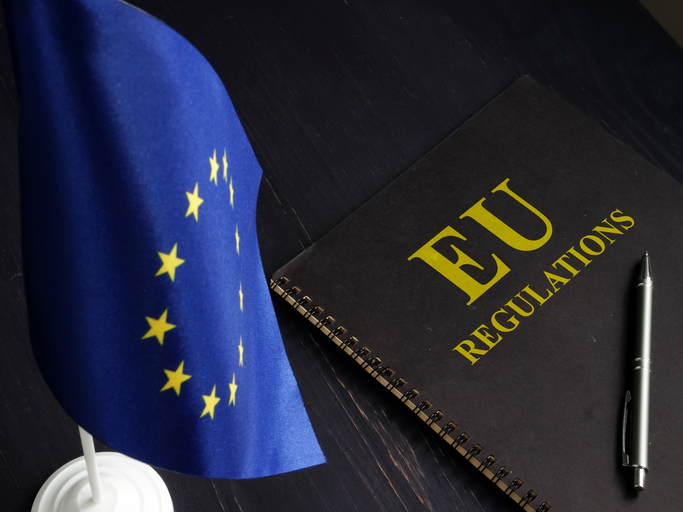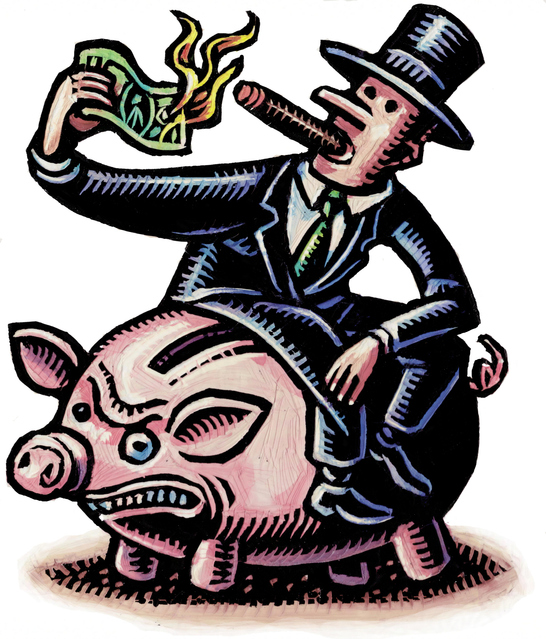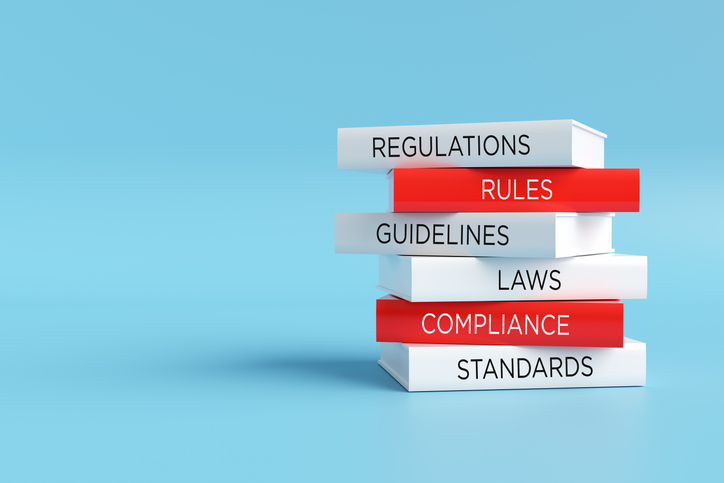By Justin Leventhal, American Consumer Institute
Americans didn’t start betting when lawmakers legalized it; they just stopped hiding it. Legalized online sports betting can reduce the illegal offshore market and protect bettors, but only if states let legal operators compete. Strict regulations on ads, daily betting caps, and punitive taxes push bettors back to illegal sites. Instead, states should focus on identifying and helping people with gambling problems and on keeping the market attractive enough to win responsible bettors’ business.
Bringing online sports betting into the open offers clear benefits: it channels an existing activity into safe venues, helps identify—not stigmatize—gambling addicts, generates public tax revenue, and lets responsible adults choose a lawful recreational activity.
From 2022 to 2025, the illegal sports betting market share is estimated to have fallen from 36 percent to 24 percent. This is also down from 100 percent of the market being illegal in most states before 2018 when the Supreme Court made the pivotal ruling allowing states to legalize it.
Legal markets also give bettors enforceable rights. Winners get paid, and disputes can be taken to court—guarantees that offshore operators do not provide. But gamblers in states like Montana won’t see those benefits since the state just outlawed all online gambling, leaving residents with no legal options.
Even for those who want less gambling overall, prohibition backfires. States that kept online sports betting illegal have seen larger average larger increases in gambling activity than states that legalized it.
States have also grown to rely on gambling revenue. So much so that some states are overreaching. New Jersey raised its online sports betting tax to 19.75 percent. Maryland moved from 15 percent to 20 percent, and Louisiana raised it to 21.5 percent. New York imposes a 51 percent tax on online sports betting. None of these are the highest—Illinois figured out an even atax of $0.25 per wager on the first $20 million of bets, and $0.50 thereafter, that companies are already passing on to bettors and that hits small bets the hardest and is expected to push some gamblers back to illegal sites.
These taxes are all in addition to standard business taxes in those states.
Taxes eating into bettors’ odds aren’t the only barrier. Some proposals, like New York’s suggested $5,000 daily cap on wagers—not losses, wagers—could cut a bettor off after winning a single large bet. The law presumes to know what a person can afford to bet and assumes that it is a daily activity.
These restrictions are often sold as addiction safeguards, citing increases in calls to gambling helplines. Yet the prevalence of problem gambling has not increased with legalization, and remains about 1 percent of U.S. adults. Destigmatizing treatment and moving bets to legal platforms make it easier to addiction services to gambling addicts.
States can help without punishing responsible bettors. Make self-exclusion registries that are applicable to all operators. Require an option for player-set deposit and loss limits—not wager limits. Earmark a portion of the tax revenue generated to fund and promote addiction services.
High taxes and blunt force regulations don’t cure addicts—they push addicts into one of the most dangerous places, illegal markets. Instead, states need to ensure legal options are competitive by keeping taxes low—preferably the same as other businesses—and ensuring regulations don’t punish responsible gamblers. Keeping the legal industry healthy enhances state revenue and protects bettors.
Justin Leventhal is a senior policy analyst for the American Consumer Institute, a nonprofit education and research organization. For more information about the Institute, visitwww.TheAmericanConsumer.Org or follow on X @ConsumerPal.






